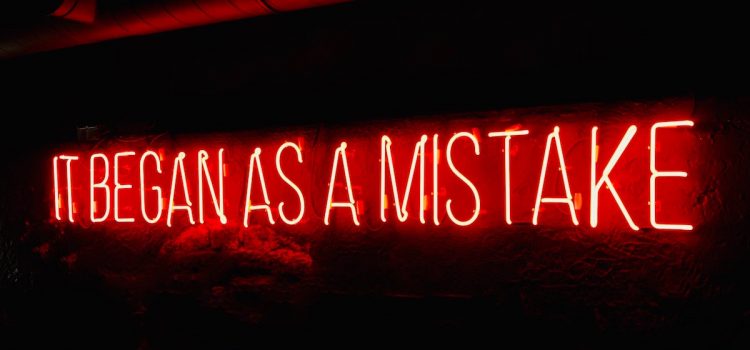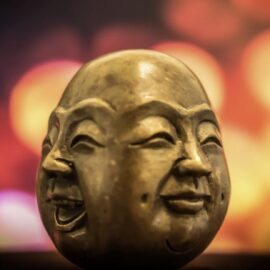

This article is an excerpt from the Shortform book guide to "Manage Your Day-to-Day" by 99U and Jocelyn K. Glei. Shortform has the world's best summaries and analyses of books you should be reading.
Like this article? Sign up for a free trial here.
Are you a creator and a perfectionist? Are you aware that perfectionism actually hinders creativity?
One aspect of being an artist is cultivating a creative mindset. Such a mindset keeps you inspired and helps you work through challenges and creative blocks. Perfectionism isn’t part of a creative mindset; in fact, it gets in the way of the artistic process.
Read more to understand why perfectionism in art is problematic.
The Problem With Perfectionism in Art
Many creative people struggle with perfectionism. But, according to Elizabeth Grace Saunders, the author of The 3 Secrets to Effective Time Investment, perfectionism is the enemy of creativity.
(Shortform note: Some studies support the negative impact of perfectionism in art. For example, a study published in the British Journal of Psychology found that participants who aimed for excellence instead of perfection exhibited greater originality and openness to experiences while perfectionists displayed fewer original ideas and were less open to new experiences.)
She explains that there are typically two contrasting approaches to creativity: striving for flawless execution or valuing practicality over perfection.
Those who strive for flawless execution refine every detail and seek the elusive ideal of perfection. They can be highly critical of their own work and may be hesitant to share it until it meets their lofty standards. Perfectionism not only prevents them from taking risks but often prevents the work from ever being completed or shared.
(Shortform note: Why do so many people fall prey to perfectionism? While unrealistic expectations may be to blame, there’s more to the story. Psychologists say that society’s increase in social media use, as well as greater academic and professional competition, have caused a spike in perfectionist tendencies over the last 30 years.)
On the other hand, those who value practicality and progress prioritize taking action, embracing imperfections, and iterating on their ideas. Rather than being hindered by the fear of failure or the pursuit of an unattainable ideal, they focus on experimentation, learning, and adapting their work along the way. They understand that imperfections and mistakes are integral to the creative process and use them as stepping stones to refine and improve their creations.
(Shortform note: Not only will a more practical approach improve your creativity, but according to mental health experts, embracing imperfection leads to higher resilience, increased self-esteem, less judgment of others, improved emotional well-being, and healthier relationships.)
Acknowledging that we all want to do our best work, strive to value practicality and progress. You’ll produce more creative work and be less stressed in the process.
(Shortform note: While Saunders argues that high standards of perfection constrain your creative potential, others suggest that raising our standards to a reasonable degree is necessary to achieve our goals. By having higher expectations for ourselves, we raise our level of performance to meet them, and better performance naturally leads to greater achievement.)

———End of Preview———
Like what you just read? Read the rest of the world's best book summary and analysis of 99U and Jocelyn K. Glei's "Manage Your Day-to-Day" at Shortform.
Here's what you'll find in our full Manage Your Day-to-Day summary:
- That creativity is the result of disciplined work habits, not innate genius
- Tips from experts on how to boost your creativity, focus, and productivity
- Why you should never strive for creative perfection






